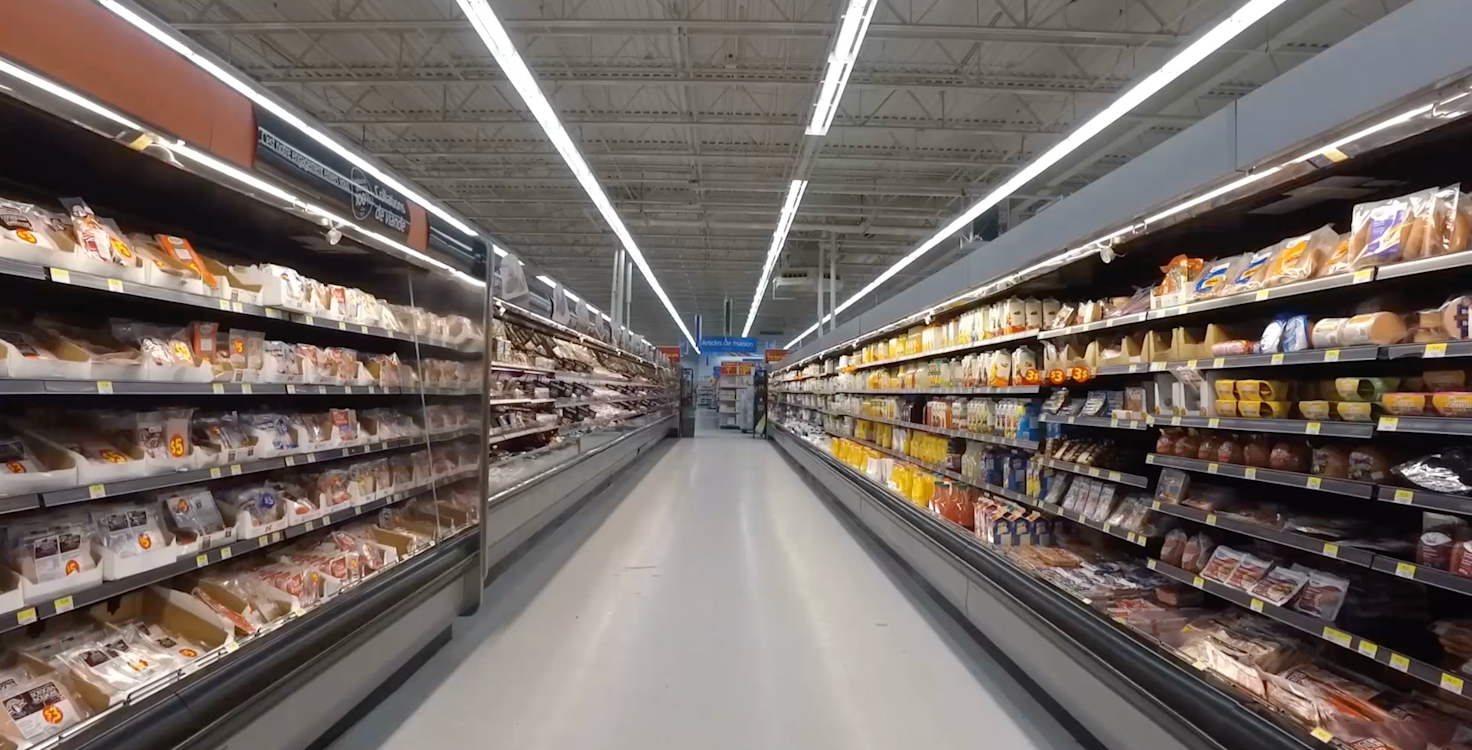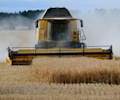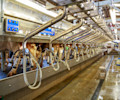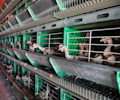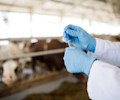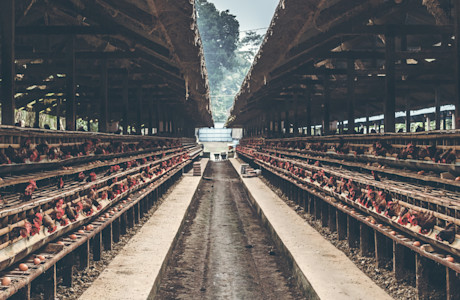The role of responsible investment in the food sector
Responsible investment requires investors to incorporate environmental, social and governance (ESG) factors into their investment decisions. ESG investment is growing rapidly with investors managing more than $70 trillion in assets now identifying as responsible investors through signing the UN-supported Principles for Responsible Investment.
Much of the focus in the responsible investment industry is on sectors such as oil & gas, extractives and transport. The food sector has often been overlooked, even though most investors will be exposed to it, often to a large extent. This is despite the significant ESG risks facing the sector. Livestock farming is responsible for 14.5% of GHG emissions and 55% of methane emissions, with regulation of the sector’s climate impact increasingly being discussed by policymakers. Under the Paris climate agreement, the EU and its member states have committed to reduce emissions in the European Union by at least 40% by 2030. The Rise Foundation has said emissions from Europe’s meat and dairy production would need to drop by 74% by 2050 to meet global targets for reducing climate emissions.
ESG risks facing the food sector
The overuse of antibiotics in factory farms has been shown to contribute to the rise of antibiotic resistance, and to catalyse outbreaks of animal pandemics such as swine flu and avian flu. Water pollution is also a major risk to the sector, with the cost of cleaning up the soil under US pig and dairy CAFOs is estimated at US$4.1 billion. The US meat company Tyson had to pay at least $14m in fines and settlements for environmental pollution between 2013 -2018.
Responsible investment can help drive ESG improvements in the food sector. In just three years, FAIRR has seen 19 out of 20 of the selected food companies adopt policies to combat antibiotic resistance, with 12 committed to reduce or prohibit the routine use of medically important antibiotics in line with World Health Organisation (WHO) recommendations. The Coller FAIRR Protein Producer Index can help investors find responsible investment opportunities in the food sector, as it shows which companies are managing sustainability risks the best.
FAIRR insights are written by FAIRR team members and occasionally co-authored with guest contributors. The authors write in their individual capacity and do not necessarily represent the FAIRR view.
